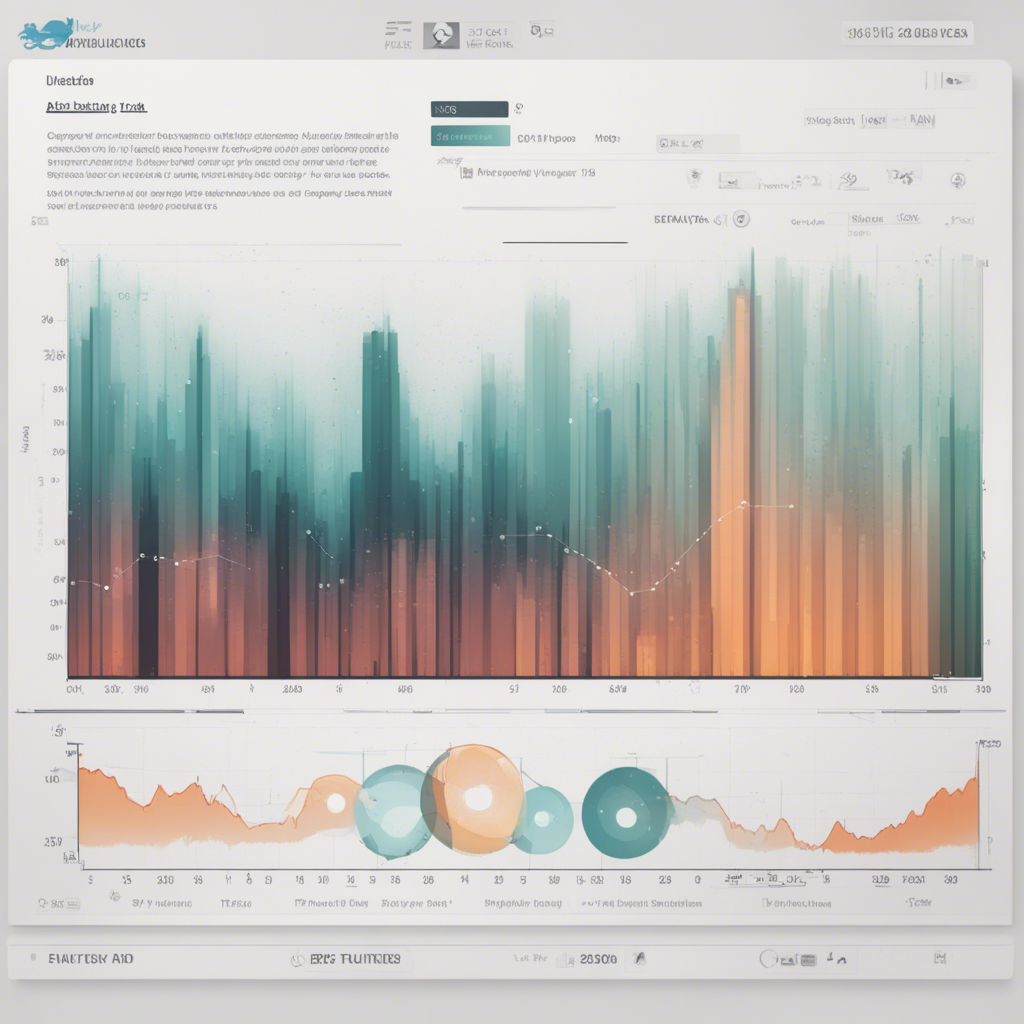
The Role of Data Analytics in Product Decisions
Welcome to another informative blog post! Today, we will dive into the fascinating world of data analytics and explore its crucial role in making informed product decisions. In this age of information overload, businesses need to leverage data to gain a competitive edge and understand their customers better. By analyzing vast amounts of data, companies can make smarter decisions that drive product success. So, whether you’re a product manager or simply someone interested in how data shapes the products we use, this post is for you.
Understanding Data Analytics
Data analytics refers to the process of collecting, organizing, interpreting, and presenting data to facilitate decision-making. It involves the use of statistical algorithms, mathematical models, and tools to extract valuable insights from complex datasets. These insights can then be used to drive business strategy and improve product development.
The Importance of Data in Product Decisions
Gone are the days when decisions were based on gut feelings or limited customer feedback. Today, data reigns supreme in driving product decisions. Here’s why data analytics is indispensable in this context:
1. Understanding Customer Behavior
Data analytics allows businesses to unravel customer behavior and preferences. By analyzing data from multiple sources such as user surveys, website analytics, and social media interactions, companies can gain valuable insights into what drives customer satisfaction, identify pain points, and understand user behavior patterns. This knowledge helps in tailoring products to meet customer needs effectively.
2. Identifying Market Opportunities and Trends
Data analytics enables businesses to identify emerging market trends and market gaps. By studying market data, companies can spot opportunities for new products or features that align with customer desires. This information helps in making informed decisions that boost market share and profitability.
3. Enhancing User Experience
User experience (UX) is a critical factor in product success. Data analytics plays a significant role in optimizing UX by providing insights into user interactions, preferences, and pain points. Through user testing, heat maps, click-through rates, and other data analysis techniques, businesses can continually improve their product’s usability, resulting in higher customer satisfaction and retention rates.
4. Product Performance Evaluation
Data analytics allows businesses to evaluate how well their products are performing in the market. By analyzing key performance indicators (KPIs) such as sales data, customer feedback, and user engagement metrics, companies can assess the success of their products and make data-driven decisions to improve performance.
5. Price Optimization
Data analytics provides valuable insights into pricing strategies. By analyzing data on market demand, customer willingness to pay, competitor pricing, and other price-related factors, businesses can optimize their pricing models to maximize revenue and profitability. This information helps in data-driven decision-making for pricing tiers, discounts, and promotional offers.
How Data Analytics is Applied in Product Decisions
Now that we understand the importance of data analytics in product decisions, let’s look at some specific ways it is applied:
1. A/B Testing
A/B testing, also known as split testing, is a popular method to compare two versions of a product (or a specific feature) to determine which one performs better. By using data analytics, companies can measure user engagement, conversion rates, and other metrics to assess the impact of different variations. This information guides product decisions on features, design elements, and overall product direction.
2. Predictive Analytics
Predictive analytics leverages historical data and statistical models to forecast future trends and outcomes. By using algorithms to analyze patterns and variables, businesses can make predictions about customer behavior, demand forecasts, and product performance. This information is invaluable in determining new product launches, marketing campaigns, and resource allocation.
3. Customer Segmentation
Segmenting customers based on common characteristics allows businesses to tailor their product offerings to specific target markets. Data analytics helps in identifying patterns in customer data, allowing companies to create personalized product experiences that meet the unique needs of each segment. This level of customization fosters customer loyalty and drives product success.
4. Sentiment Analysis
Sentiment analysis involves using data analytics techniques to analyze and understand the sentiment expressed by customers in online reviews, social media posts, and customer feedback. By assessing sentiment towards a product or feature, businesses can determine areas for improvement and make data-backed decisions regarding product enhancements or adjustments.
Conclusion
Data analytics plays a critical role in product decision-making, empowering businesses to make informed choices that align with customer needs and market trends. From understanding customer behavior to enhancing user experience and optimizing pricing, data analytics provides valuable insights that drive product success. By utilizing techniques such as A/B testing, predictive analytics, customer segmentation, and sentiment analysis, businesses can make data-driven decisions that lead to better products and higher customer satisfaction.
It’s evident that in today’s data-driven world, incorporating data analytics into product decisions is no longer a luxury but a necessity for businesses aiming to stay competitive. So embrace the power of data, leverage advanced analytics tools, and make informed product decisions that resonate with your customers and drive your success.
Disclaimer: The information provided in this article is for educational purposes only and does not constitute professional advice. Always consult a qualified professional for specific recommendations tailored to your business.






